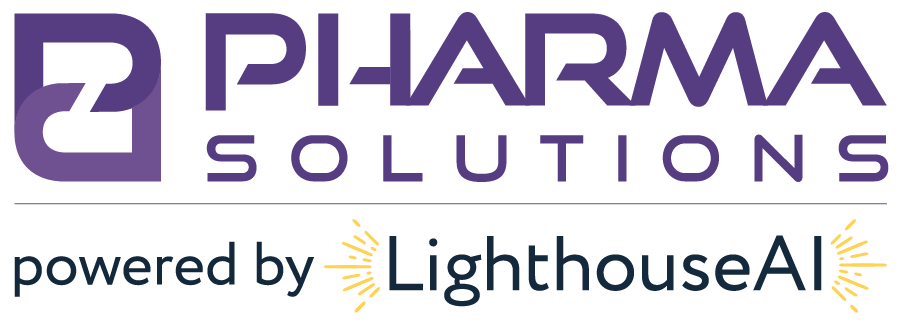A Deeper Look into OptumRX’s New VAWD Requirement
The VAWD requirement will push many pharmaceutical distributors out of the supply chain.
Are OptumRx’s objectives worth the consequences? Some of the immediate issues that will arise are discussed below:
Drug Shortages
Will non-VAWD-A Deeper Look into OptumRX’s New VAWD Requirementaccredited distributors have ainventories locked up until they earn Accreditation? This creates a huge potential for sweeping drug shortages, a service secondary distributors are known to fill.
Drug Price Increases
With fewer distributors competing to sell to dispensers and healthcare providers, the supply chain will be more vulnerable and almost certainly result in an increase in drug prices.
What is the cause behind OptumRx’s new VAWD Requirement? We take a look at possibilities below:
OptumRx seeks to win market share for its mail-order division and Walgreens, their preferred retail pharmacy partner.
OptumRx may be attempting to drive independent pharmacies out of business to and convert those customers to their mail-order pharmacy or to Walgreens, their preferred pharmacy partner. Just a few months ago, Walgreens and OptumRx entered into an agreement where OptumRX will enjoy the higher margins by driving customers into Walgreens.
OptumRx seeks to gain favor from the larger generic manufacturers.
Secondary distributors create a distribution channel and a market for cheaper, Indian generic drug products. Traditional drug manufacturers command a higher AWP and, therefore, a higher rebate for PBMs. Pushing secondary distributors out of the supply chain works in favor of the large generic drug manufacturers by decreasing competition. The independent pharmacy and consumers will inevitably be hurt by higher drug costs while both large generic drug manufacturers and OptumRx enjoy higher profits.
NABP convinced OptumRx to require its accreditation.
This action could be the result of a successful effort by the NABP (the private organization that issues VAWD Accreditation). It is argued that with the new DQSA laws that were implemented in January 2015, VAWD Accreditation is almost irrelevant. Specifically, the DQSA gave the American public stronger faith in secondary pharmaceutical distributors and their sourcing abilities by providing transparency in the supply chain; directly reducing the value of a VAWD Accreditation. The NABP and their member state Boards of Pharmacy all took a major hit with the recent federal regulation.
UnitedHealthcare (OptumRx’s parent company) wants to fight fraudulent claims.
It has circulated that this action is a strategy employed by OptumRx to combat the slew of fraudulent pharmacies that process fake claims to scheme insurance companies out of adjudication claims. If OptumRx was a “pure-play” PBM, they would, in fact, benefit from the additional volume created by the scheme while insurance companies would suffer. However, the effectiveness of such a strategy is questionable because instead of using fraudulent distributors as a part of their scheme, the fraudulent pharmacies can simply forge invoices from legitimate distributors. It would be more effective for OptumRx to require pharmacies to undergo Accreditation instead of pharmaceutical distributors.
OptumRx is taking a stand and protecting consumer health.
This explanation is probably the least likely. The DQSA, implemented less than two years, completely overhauled federal regulation of pharmaceutical distribution to increase the transparency, integrity, and safety of the supply chain. Regulation is backed by the power of the federal government with full cooperation from the state Boards of Pharmacy.




0 Comments